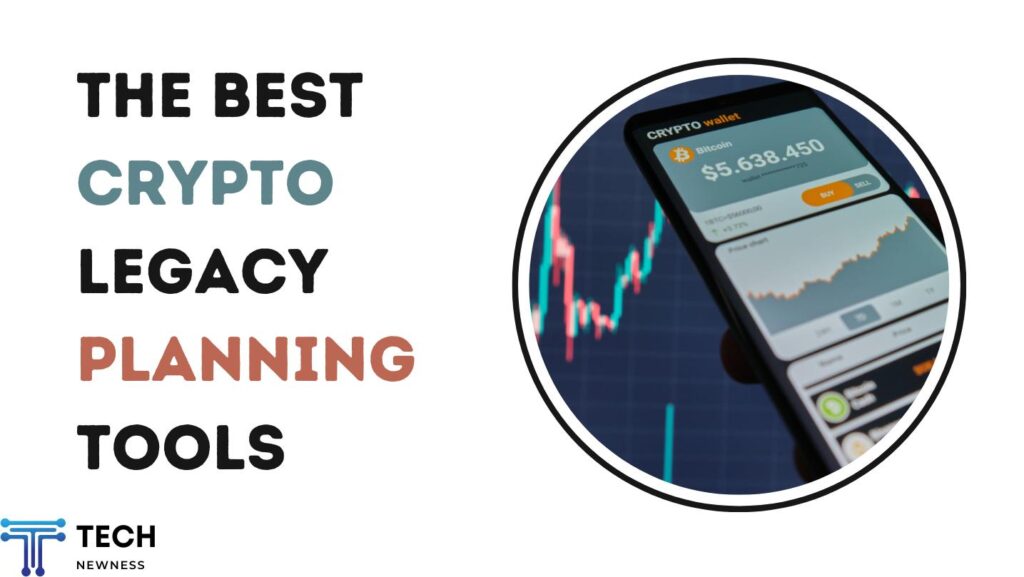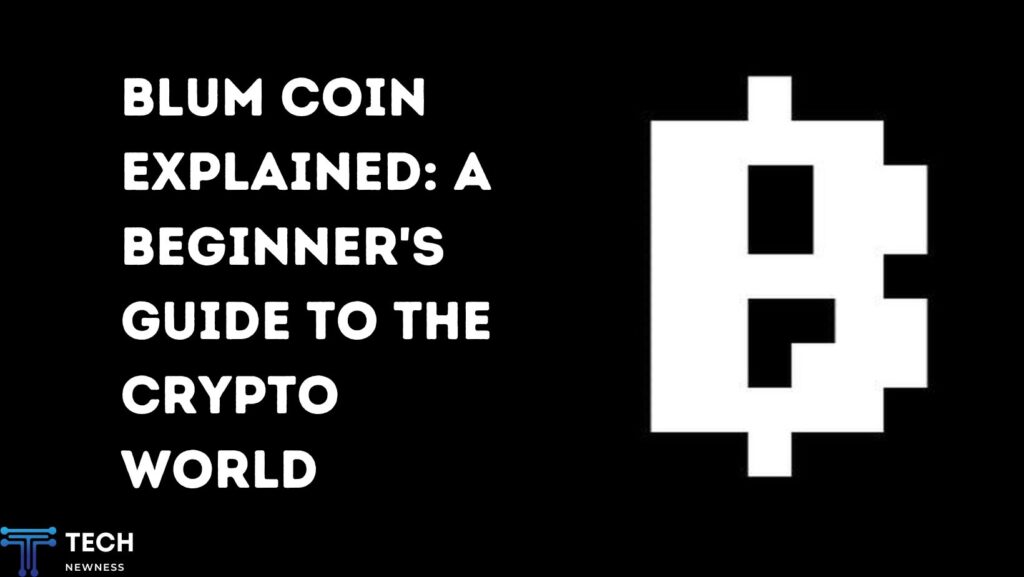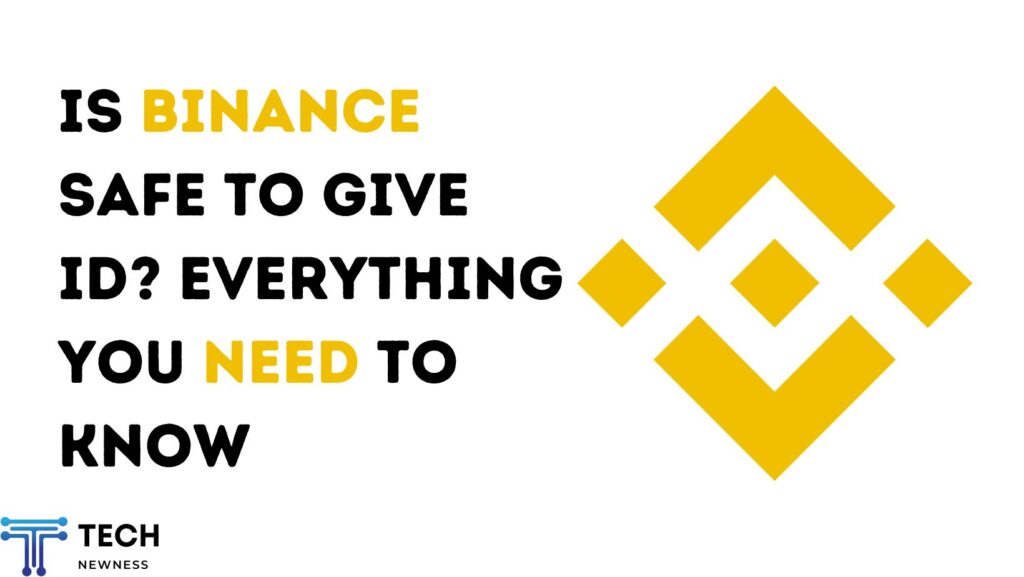Securing your assets and ensuring they are passed down to your heirs is more important than ever. Crypto legacy planning is not just a luxury for the wealthy; it’s a necessity for anyone who holds digital assets. This guide will take you through the best 12 crypto legacy planning tools available in 2024, helping you to protect your investments and ensure they reach your beneficiaries safely.
What is Crypto Legacy Planning?
Crypto legacy planning involves creating a strategy for transferring your digital assets to your heirs in the event of your death or incapacitation. Unlike traditional assets, cryptocurrencies are decentralized and can be easily lost if not properly managed. Therefore, having a solid legacy plan in place is crucial.
The Best 12 Crypto Legacy Planning Tools
Tool 1: TrustVerse
Key Features: TrustVerse offers AI-powered estate planning, secure storage, and easy asset transfer.
Pros: User-friendly interface, robust security, legal compliance.
Cons: Higher cost compared to other tools.
Ideal Users: Crypto investors looking for a comprehensive and secure legacy planning solution.
Tool 2: Safe Haven
Key Features: Safe Haven provides decentralized inheritance solutions with multi-signature protection.
Pros: Strong security features, decentralized approach.
Cons: Requires technical knowledge to set up.
Ideal Users: Tech-savvy users who prioritize security.
Tool 3: Casa Covenant
Key Features: Casa Covenant offers multi-sig security and easy key recovery options.
Pros: Excellent customer support, strong security features.
Cons: Limited to Bitcoin users.
Ideal Users: Bitcoin holders looking for a secure legacy plan.
Tool 4: BlockEstate
Key Features: BlockEstate combines traditional estate planning with crypto asset management.
Pros: Integrates with existing estate plans, multi-currency support.
Cons: More expensive than crypto-only tools.
Ideal Users: Investors with both traditional and crypto assets.
Tool 5: Digital Vault
Key Features: Digital Vault offers secure storage and easy transfer of digital assets.
Pros: Simple to use, supports multiple currencies.
Cons: Limited advanced features.
Ideal Users: Beginners looking for a straightforward solution.
Tool 6: Heirloom
Key Features: Heirloom provides secure and private transfer of digital assets.
Pros: High level of privacy, easy to use.
Cons: Lacks advanced security features.
Ideal Users: Users who prioritize privacy over features.
Tool 7: Coincover
Key Features: Coincover offers insurance-backed protection and key recovery services.
Pros: Insurance coverage, user-friendly.
Cons: Limited to certain cryptocurrencies.
Ideal Users: Risk-averse investors seeking additional protection.
Tool 8: CryptoLock
Key Features: CryptoLock offers cold storage and multi-sig security for crypto assets.
Pros: High security, offline storage.
Cons: Not user-friendly for beginners.
Ideal Users: Advanced users with large crypto holdings.
Tool 9: Inheriti
Key Features: Inheriti offers decentralized and secure inheritance planning.
Pros: Decentralized, secure.
Cons: Complex setup process.
Ideal Users: Experienced crypto users looking for a secure inheritance solution.
Tool 10: Estate Planning
Key Features: Estate Planning integrates with existing legal and financial frameworks.
Pros: Comprehensive solution, integrates with traditional assets.
Cons: More expensive than other options.
Ideal Users: Investors with significant assets in both traditional and crypto forms.
Tool 11: Custody Bit
Key Features: Custody Bit offers institutional-grade security for large crypto holdings.
Pros: Extremely secure, ideal for large portfolios.
Cons: Overkill for smaller investors.
Ideal Users: Institutional investors and high-net-worth individuals.
Tool 12: Ledger Vault
Key Features: Ledger Vault provides secure key management and multi-user governance.
Pros: High security, multi-user access.
Cons: Requires technical knowledge.
Ideal Users: Businesses or individuals with large amounts of crypto assets who need secure and controlled access.
The Challenges of Crypto Legacy Planning

Security Concerns
Cryptocurrencies are often targeted by hackers, making security a top priority in legacy planning. Without proper safeguards, your assets could be stolen or lost forever.
Legal Implications
The legal framework around cryptocurrency is still evolving, and different countries have different regulations. This makes it challenging to create a legacy plan that is both secure and legally compliant.
Technological Challenges
Managing digital assets requires a certain level of technological literacy. Ensuring that your heirs can access your crypto assets without compromising security is another significant challenge.
Why You Need a Crypto Legacy Plan
Protection of Assets
A well-crafted crypto legacy plan ensures that your assets are protected and can be easily accessed by your heirs when the time comes.
Ensuring Beneficiaries Receive Inheritance
Without a legacy plan, your beneficiaries might never receive your crypto assets. This could be due to lost keys, forgotten passwords, or a lack of knowledge about the assets.
Avoiding Legal Complications
Having a clear legacy plan helps to avoid legal disputes among heirs and ensures that your assets are distributed according to your wishes.
Key Features to Look for in Crypto Legacy Planning Tools

Security Measures
Look for tools that offer robust security features, such as multi-factor authentication, encryption, and secure storage of private keys.
Legal Compliance
Ensure that the tool you choose complies with the legal requirements of your jurisdiction. This will help avoid any legal issues down the road.
User-Friendliness
The tool should be easy to use, even for those who are not tech-savvy. This is particularly important for your heirs, who may not be familiar with cryptocurrency.
Multi-Currency Support
If you hold multiple types of cryptocurrencies, choose a tool that supports a wide range of digital assets.
How to Choose the Right Crypto Legacy Planning Tool
Selecting the right crypto legacy planning tool can be overwhelming given the variety of options available. Here are some factors to consider when making your choice:
Assessing Your Needs
The first step in choosing a crypto legacy planning tool is to assess your specific needs. Consider the size of your crypto portfolio, your technical expertise, and the level of security you require. For instance, if you have a diverse portfolio with multiple cryptocurrencies, you’ll want a tool that supports various digital assets.
Comparing Features
Once you’ve identified your needs, compare the features of different tools. Look at factors such as security, ease of use, legal compliance, and cost. For example, if security is your top priority, tools like CryptoLock or Custody Bit, which offer cold storage and institutional-grade security, might be the best fit. On the other hand, if you need something more user-friendly, Digital Vault or Coincover could be more suitable.
Considering Costs
Cost is another important factor. While some tools are more expensive, they often offer more comprehensive features or higher levels of security. It’s essential to balance the cost with the value you get from the tool. For instance, if you have significant crypto holdings, investing in a more expensive tool with advanced security features might be worth the additional cost.
Conclusion
Crypto legacy planning is an essential part of managing your digital assets. With the increasing value of cryptocurrencies and the growing complexity of the market, having a solid legacy plan in place is more important than ever. The 12 tools we’ve discussed in this guide offer a range of features and benefits, catering to different needs and levels of expertise. By carefully assessing your requirements and comparing the available options, you can find the right tool to secure your crypto assets and ensure they are passed on to your beneficiaries according to your wishes.
FAQs
What Happens to My Crypto Assets If I Don’t Have a Legacy Plan?
If you don’t have a crypto legacy plan in place, your assets could be lost forever. Cryptocurrencies are decentralized, meaning there is no central authority to reclaim your assets if your private keys are lost or forgotten. This could result in your beneficiaries being unable to access your digital wealth.
How Do I Ensure My Crypto Assets Are Secure in a Legacy Plan?
To ensure your crypto assets are secure, choose a legacy planning tool that offers robust security features such as multi-factor authentication, encryption, and cold storage options. It’s also important to regularly update your plan and ensure that your beneficiaries know how to access your assets securely.
Can I Use Multiple Tools for My Crypto Legacy Planning?
Yes, you can use multiple tools to create a comprehensive crypto legacy plan. For instance, you might use one tool for secure storage of private keys and another for legal compliance and asset transfer. However, it’s essential to ensure that all tools are compatible and that your plan is well-coordinated.
How Often Should I Update My Crypto Legacy Plan?
It’s advisable to review and update your crypto legacy plan at least once a year or whenever there are significant changes in your assets, legal situation, or the cryptocurrency market. Regular updates help ensure that your plan remains relevant and effective.
Is Crypto Legacy Planning Expensive?
The cost of crypto legacy planning varies depending on the tools and services you choose. While some tools are free or low-cost, others, particularly those offering advanced features and high security, can be more expensive. It’s essential to consider the value and security that a tool provides when evaluating its cost.
See Also: Crypto FintechZoom: Unlock the Future of Finance and Investing!





